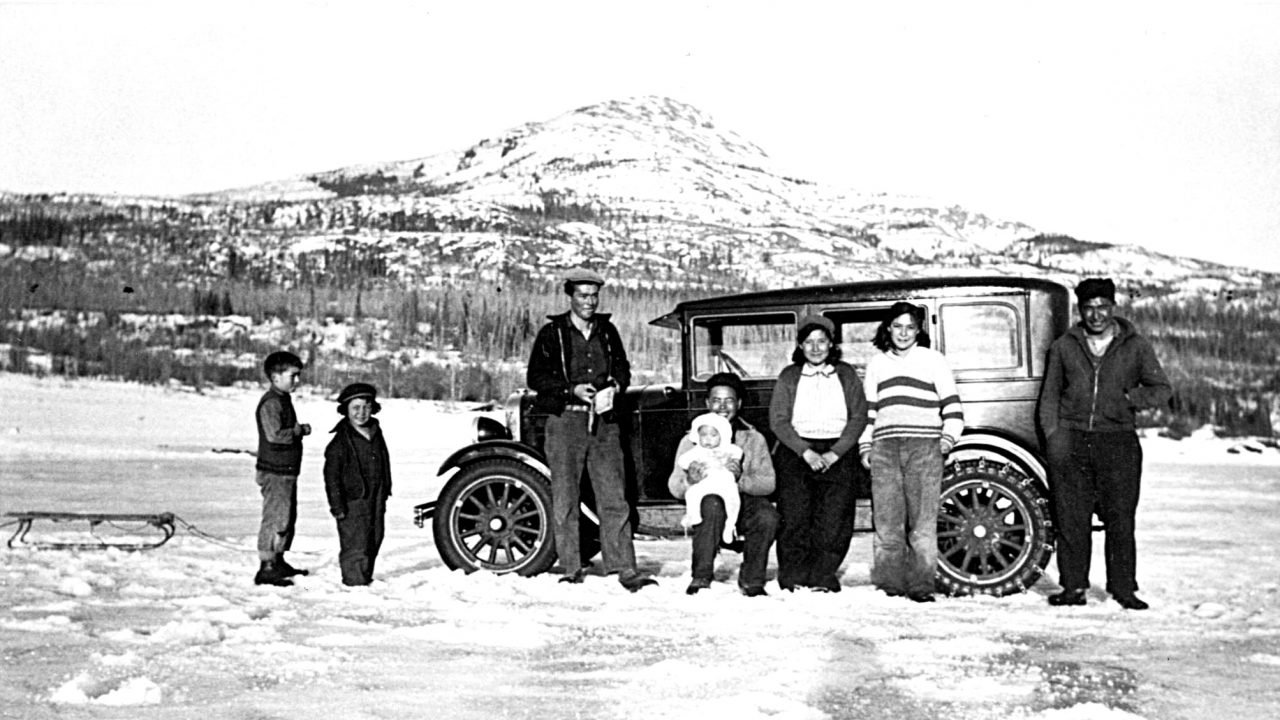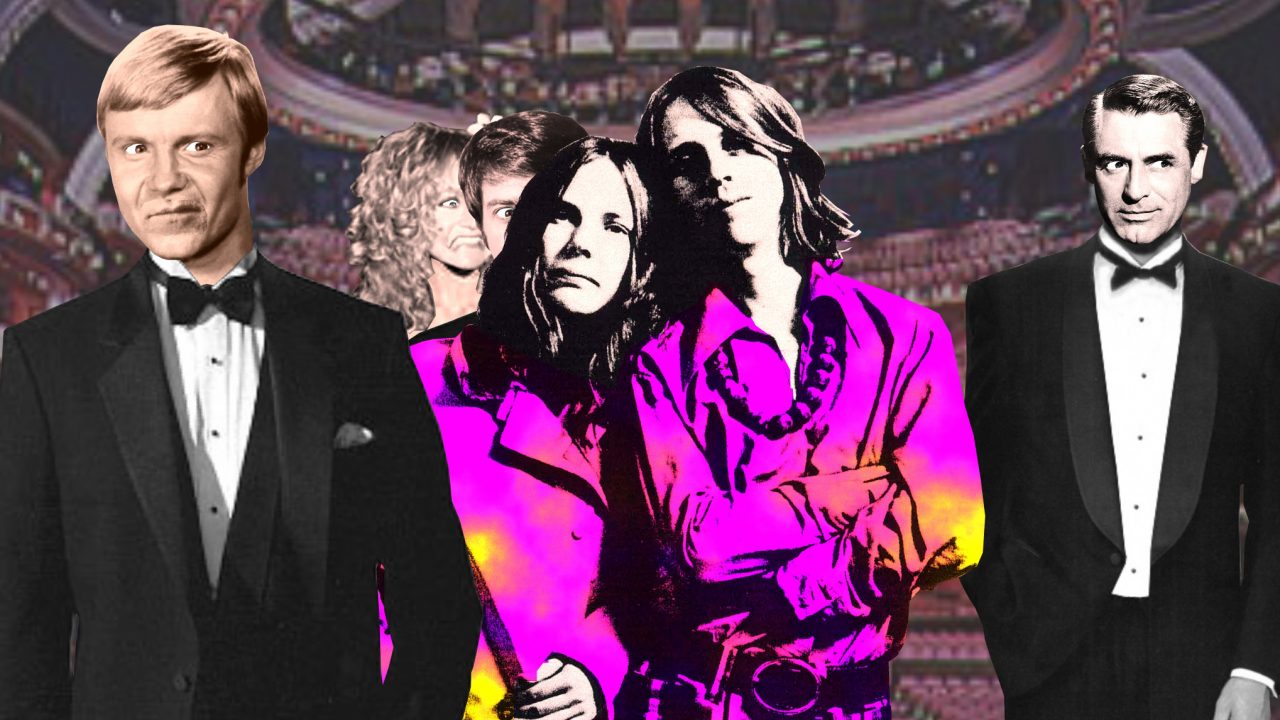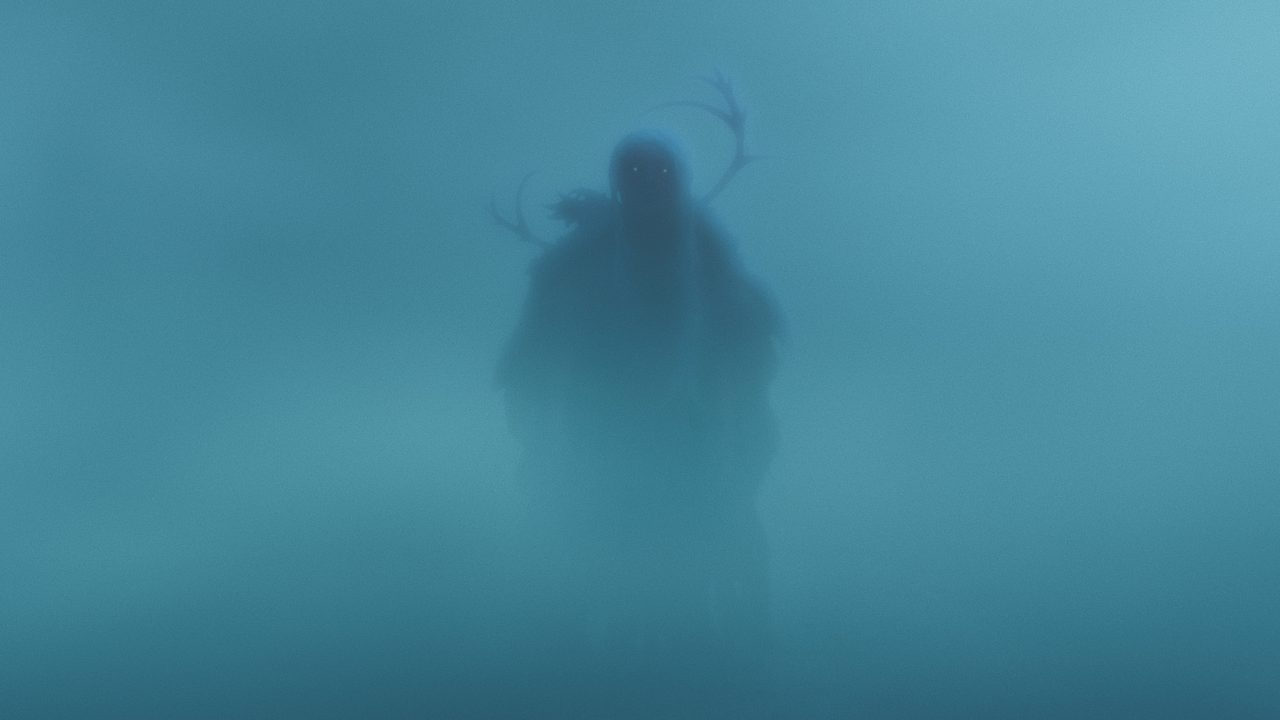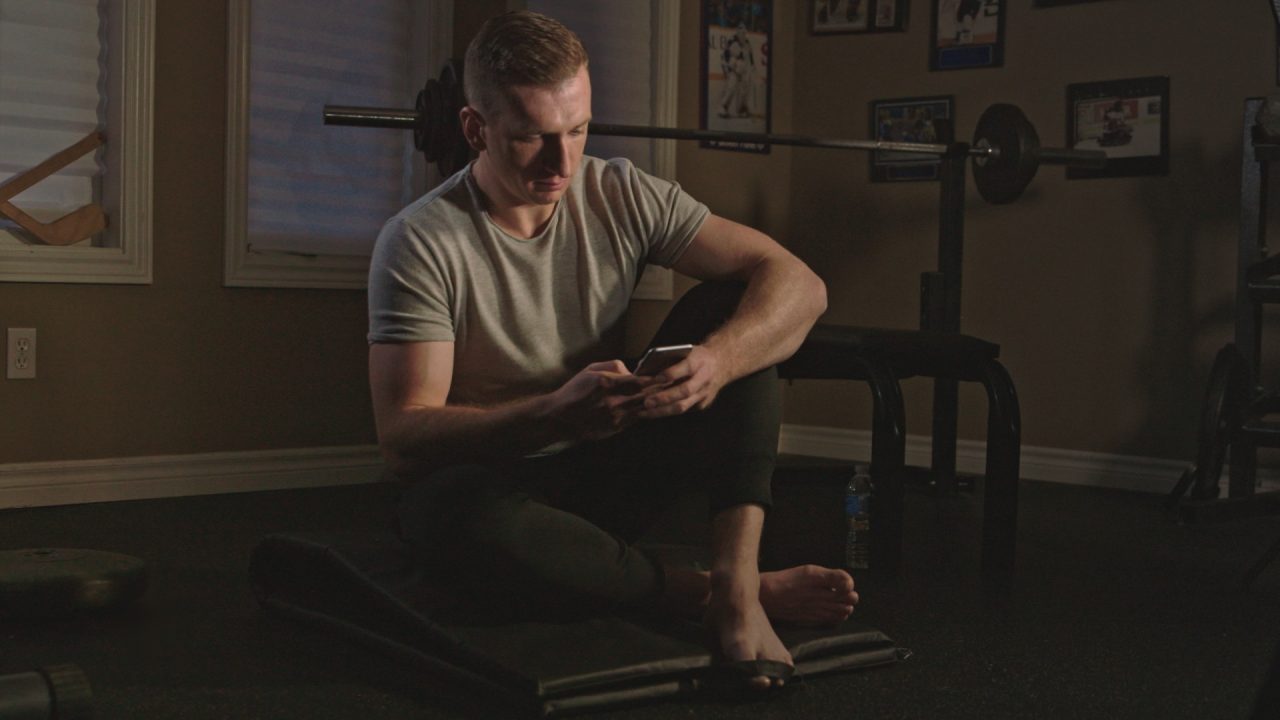
Standing on the Line: For LGBTQ2+ Athletes Who Still Suffer in Silence
Standing on the Line: For LGBTQ2+ Athletes Who Still Suffer in Silence
Not long ago, on a perfectly ordinary morning, I glanced down and saw a few words on Messenger from a Facebook “friend.” You know the kind: someone you’ve never actually met, but with whom you have a few friends in common.
“Have you finished your film?” he wanted to know. I was a little surprised by the question. (How exactly did he know I was working on a film? Had we chatted on Messenger before?) But with a twinge of pride, I sent him the well-crafted trailer for my documentary.
He continued: “I have a cousin who was a great hockey player and not out. He died by suicide. Apparently, he came out and things went wrong.”
I was upset.
“Oh, my God. Were you close?”
“Neighbours and best friends, from birth. I could write the story of his life—and death—for you,” he wrote.
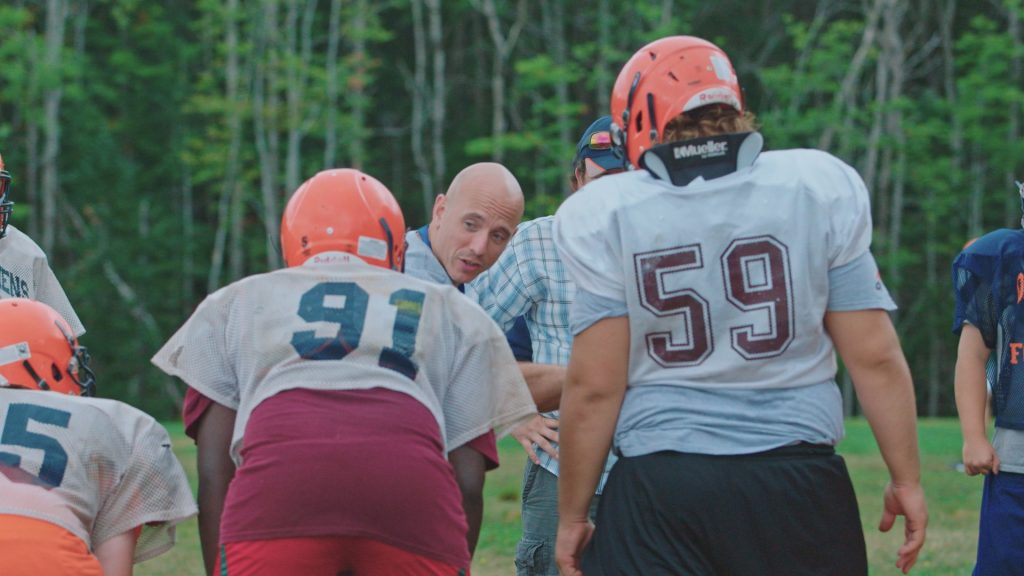
His cousin was hugely popular in his community, he explained, and it had now been nearly 20 years since he died.
Despite the intervening years, this guy chatting with me, who was gay as well, still kept him in his heart.
“I think of him every day, often several times a day.”
I thought about how many people, like this Facebook friend, have suffered in silence because of toxic masculinity in sports. About how the three top-level athletes who went on camera for my film have all experienced mental health issues. About how they’ve faced depression, abused drugs and alcohol—and in the case of Brock McGillis, a former professional hockey player who is gay, survived suicide attempts.
I also thought about how the National Hockey League, in 2021, still has no openly gay players—in fact, not a single openly gay former player—in its ranks. And yet, when I was researching my film, someone in a senior position in the NHL told me that yes, there are gay players in the league, but none of them wants to come out publicly. It’s too difficult.
Despite that, while I was researching and producing my film—a process that took more than five years—some of my friends and acquaintances were surprised at my choice of subject. Gay people in sports? Is that really a big deal these days?
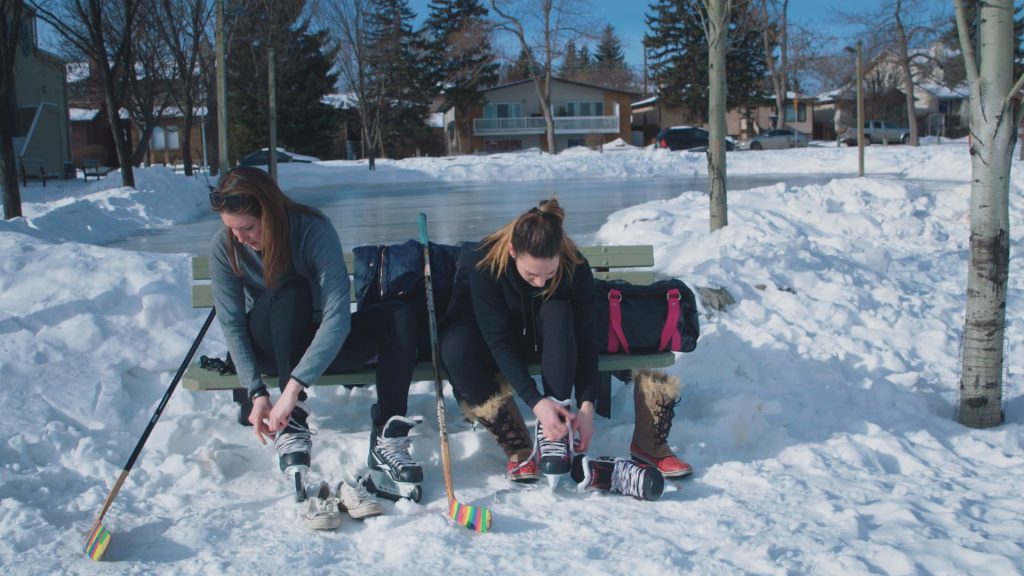
They—straight men, mostly—tried to convince me that young people today aren’t homophobic. That the issue, for all intents and purposes, has been settled. But what my research showed me is that even if things are changing in the sports world, we still have a long, long way to go. And in my film, the three key figures—David Testo, former pro soccer player with the Montreal Impact; Anastasia Bucsis, two-time Olympic speed skater; and Brock McGillis, the ex-hockey pro—candidly and movingly describe the heartbreak of passionately loving a sport they’ve been excluded from.
Today I’m very happy that the NFB is making my film available free of charge for all Canadians to stream. And I’m thinking fondly of that Facebook friend, and all the other LGBT athletes and their friends and loved ones who have suffered, and continue to suffer, in silence.
 Screenwriter and documentary filmmaker Paul Émile d’Entremont built over the years a reputation as a talented filmmaker at Radio-Canada and RDI. D’Entremont’s impressive body of work has much to say about human nature. Through film, he condemns discrimination, populist nationalism, and homophobia.
Screenwriter and documentary filmmaker Paul Émile d’Entremont built over the years a reputation as a talented filmmaker at Radio-Canada and RDI. D’Entremont’s impressive body of work has much to say about human nature. Through film, he condemns discrimination, populist nationalism, and homophobia. Watch:
Standing on the Line, Paul Émile d’Entremont, provided by the National Film Board of Canada
